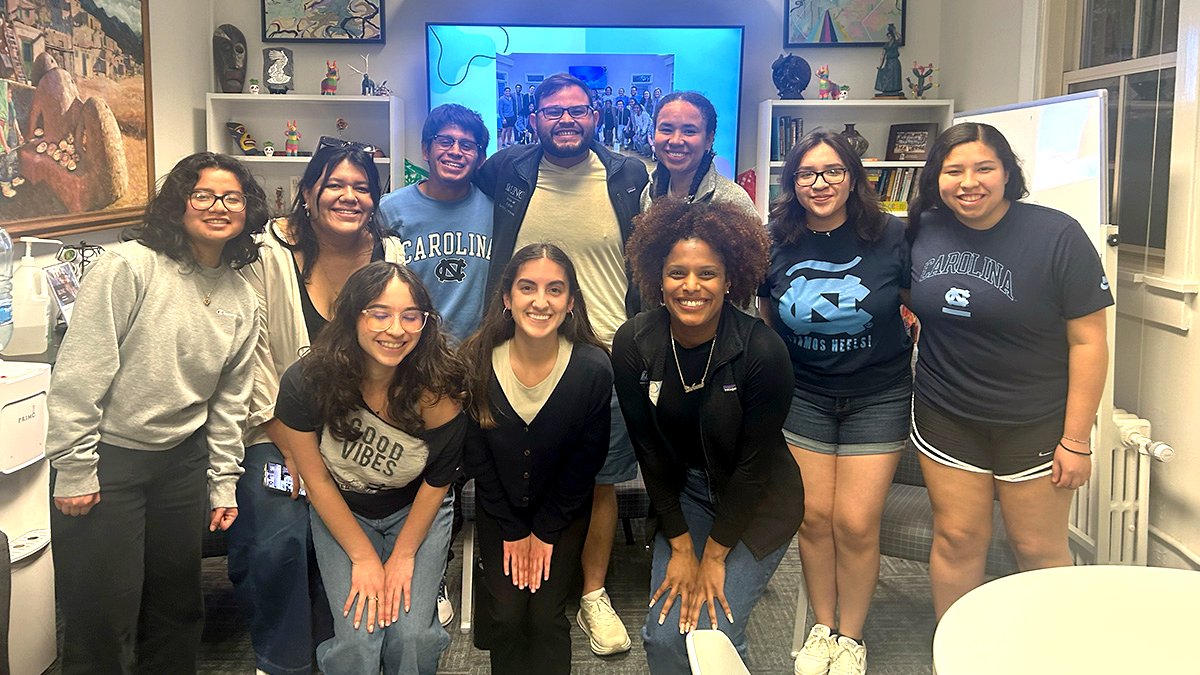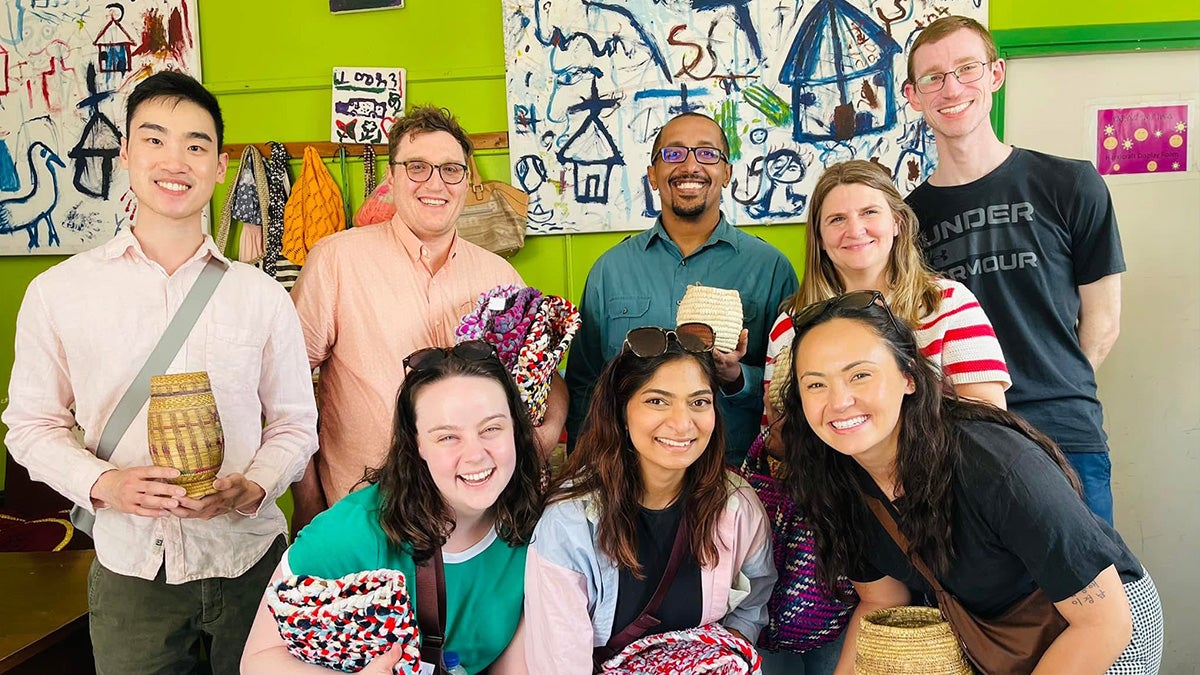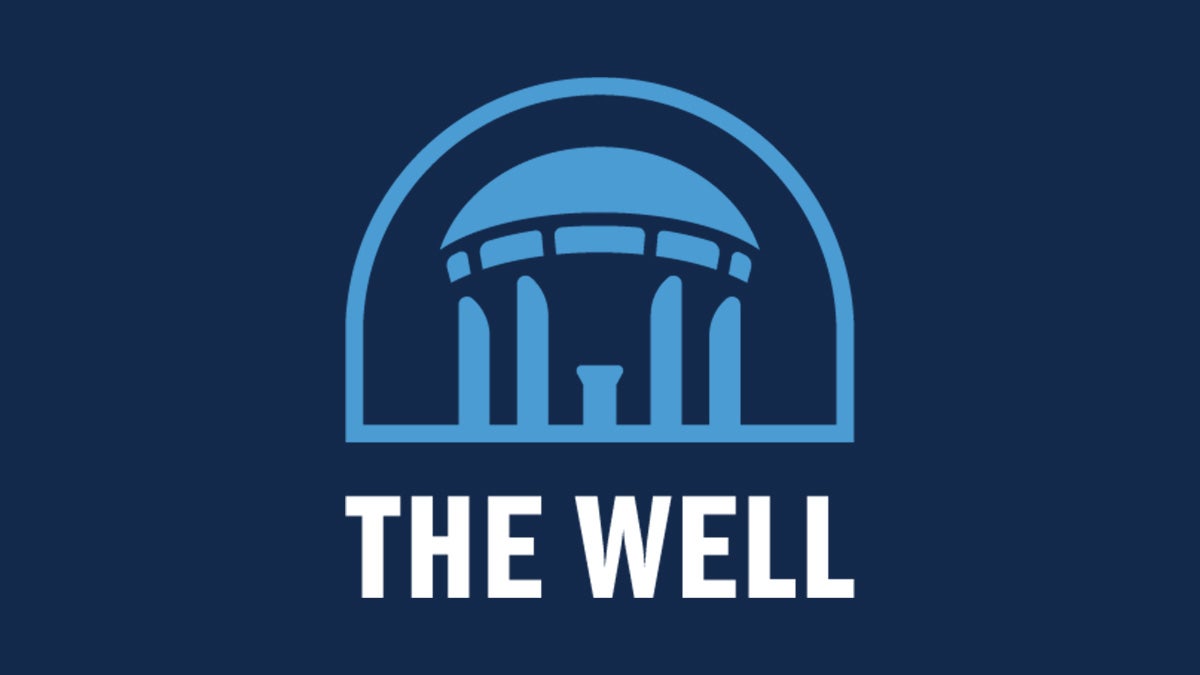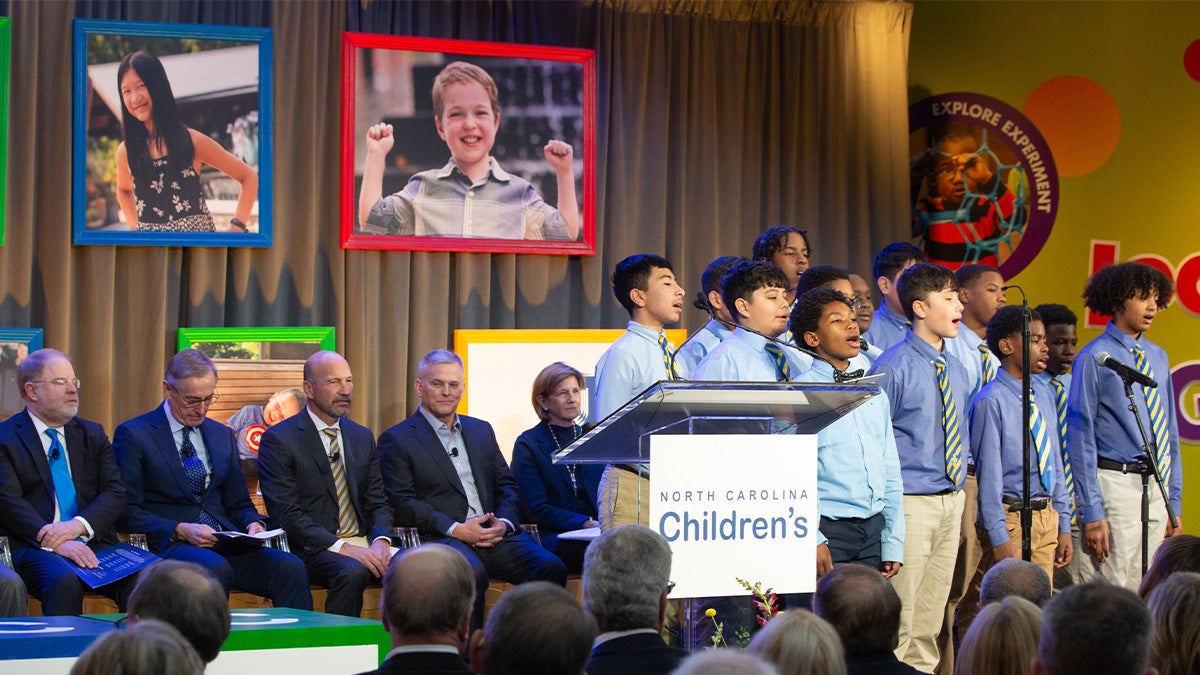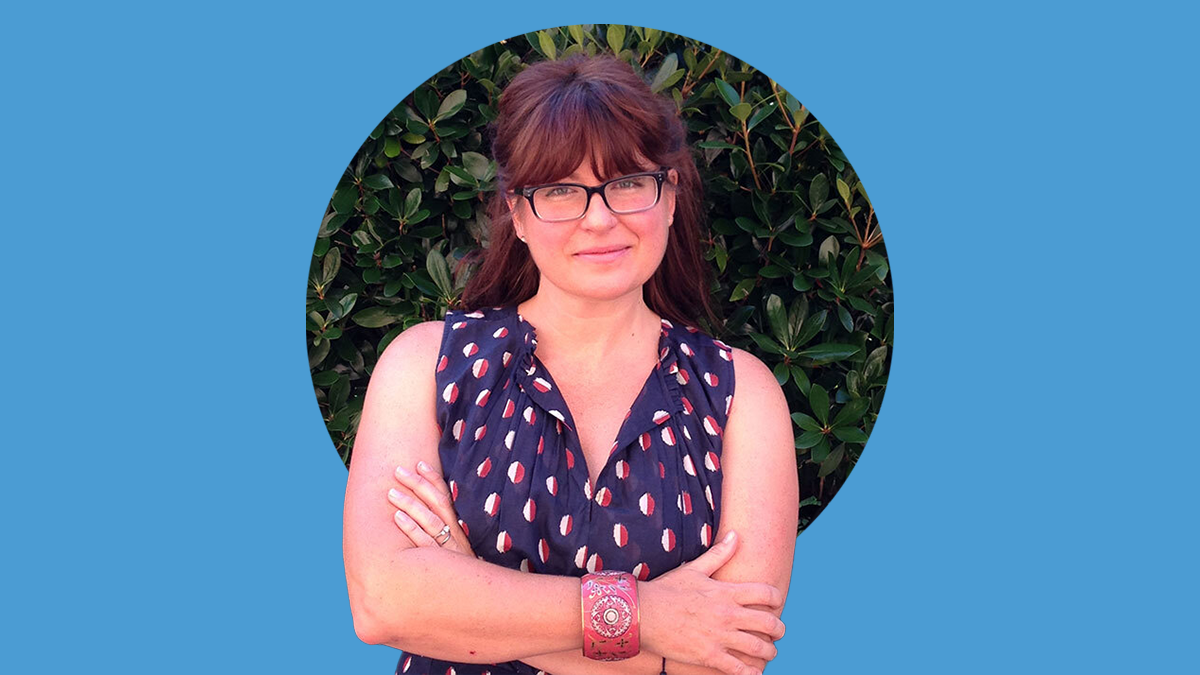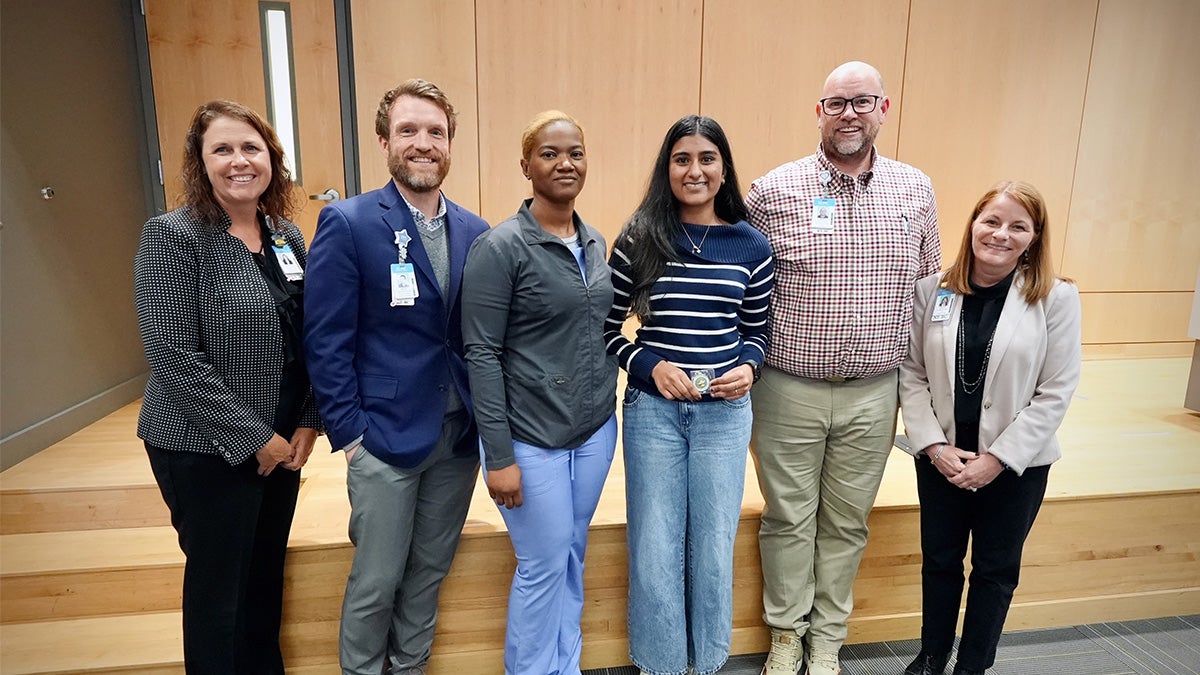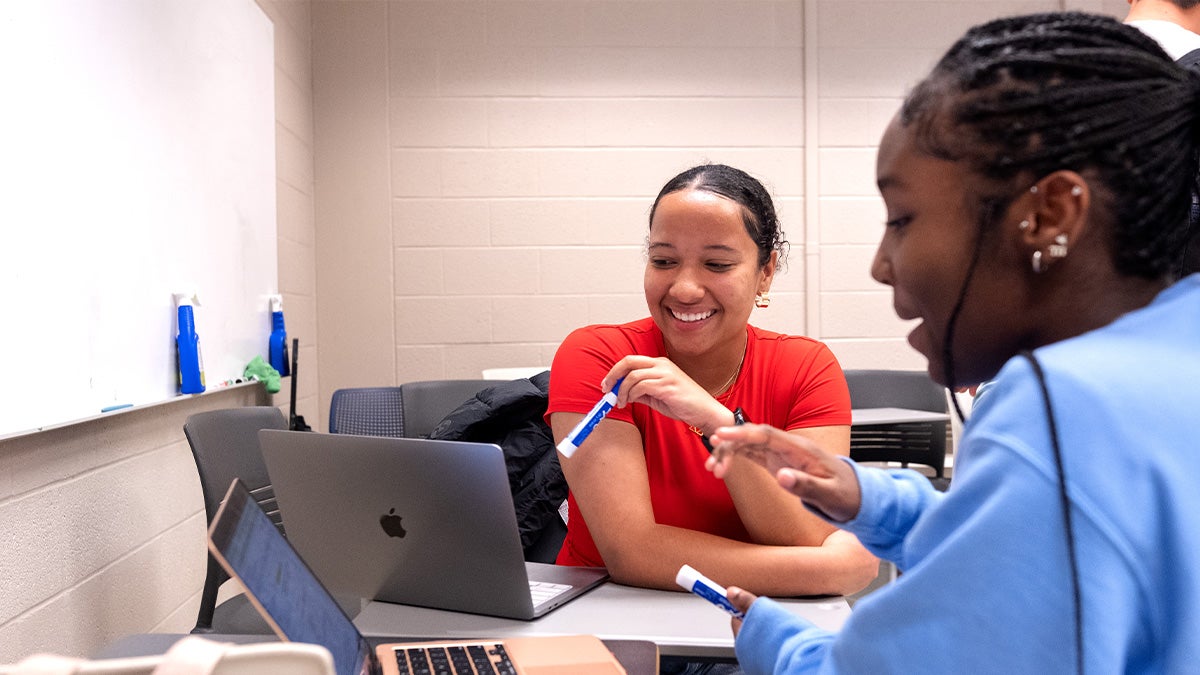Graduate students pursue peaceful solutions
Each year, Rotary Peace Fellows are picked for a master’s program based on how they may contribute to conflict resolution.
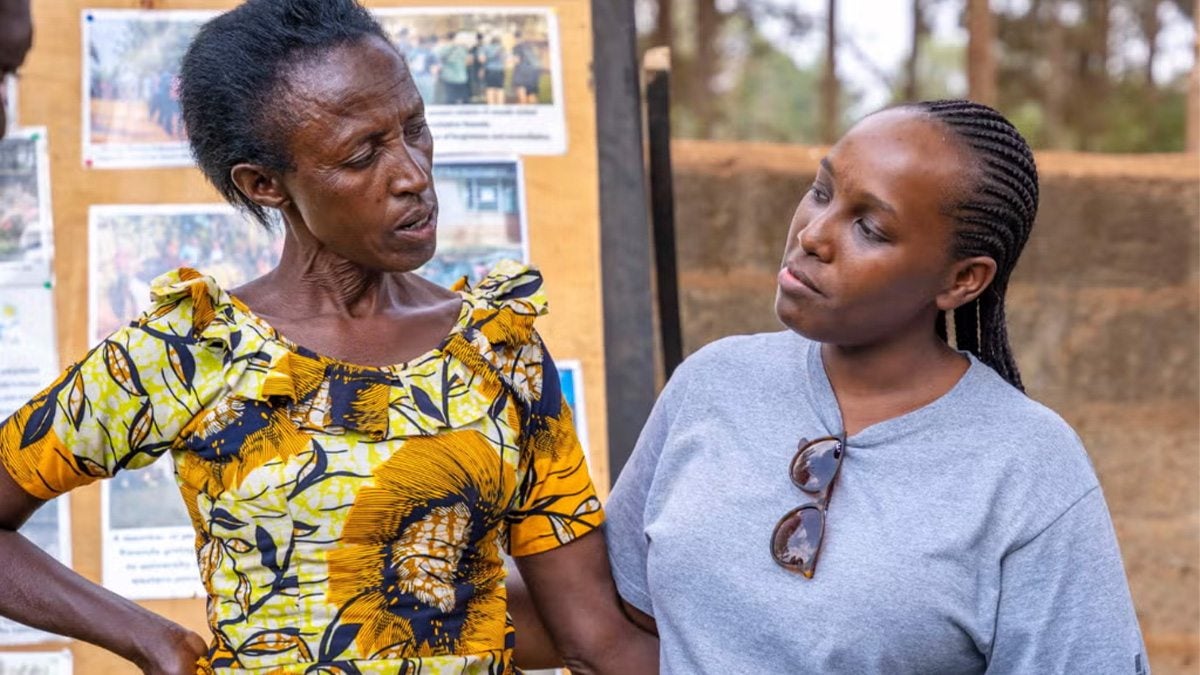
Rotary International created the Rotary Peace Centers program in 1999 to offer master’s level education in fields related to peace-building and conflict resolution to the world’s next generation of leaders in peacemaking.
Today, there are seven Rotary Peace Centers in the world. The Duke-UNC Rotary Peace Center — established in 2002 — is the only Rotary Peace Center in North and South America.
Out of hundreds of applications received each year, only 10 fellowships are offered annually through the Duke-UNC Rotary Peace Center. Fellows are selected from around the world to complete a two-year master’s program — fully funded by Rotary International — based on their potential to contribute to world peace and conflict resolution.
Recognizing that peace can be achieved in different ways, fellows selected to enroll at UNC-Chapel Hill choose from many programs, including global studies, social work or public health, while fellows who attend Duke study international development.
Debby Karemera
Before Debby Karemera arrived at Carolina to study social work with a concentration in community, management and policy practice, she was involved in peace-building in her community in Rwanda.
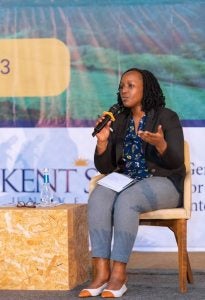
Debby Karemera speaks on peace education in an era of crisis while attending a conference in Kigali, Rwanda. (Submitted photo)
“I come from a country that has been undergoing a lot of reconciliation 30 years after the genocide against the Tutsi,” Karemera said. “Over the course of nine years, I learned so much about the communities that I had worked with, and I decided I wanted to learn more.”
She began applying to fellowships to help cover the cost of an academic degree that would further her career goals.
According to Karemera, the fellowship has been life-altering. It has introduced her to a diverse network of people with a range of perspectives.
“We are literally from all over the world, and with that we each bring a wealth of knowledge and experience,” Karemera said. “The diversity of the program will definitely inform the work that I do in the future.”
It has inspired her to think more about her future, and it has brought her out of her comfort zone.
“After the two years of the fellowship, I am hoping to gain some international experience,” Karemera said, “and then I think I would like to take this experience back home because I have always believed that there is so much more we can do in our own communities.”
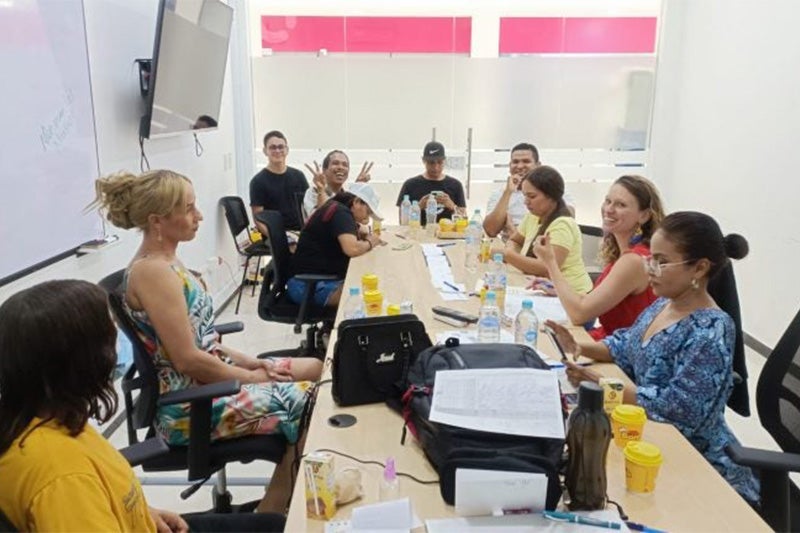
Jacinta Bailey (right side, second from front) works with LGBTQIA+ community members in the Bajo Cauca region of Colombia. (Submitted photo)
Jacinta Bailey
When Jacinta Bailey’s boss first recommended that she apply to the Rotary Peace Fellowship, she thought, “But I’m not a peace-builder.”
Bailey soon will graduate from Carolina as a Rotary Peace Fellow with a master’s degree in global studies.
“The fellowship allowed me to expand my framing of peace-building as something that is integral in both active conflict states and states that are not experiencing active conflict, or what some would call developed states,” Bailey said.
Before coming to North Carolina, Bailey worked with a community-led development organization serving Indigenous Australian communities. She has continued to study community-led development at Carolina, working last summer with LGBTQIA+ communities in the troubled Bajo Cauca region of Colombia.
“I was really doing what I love: engaging with community, building community confidence and investing in already existing community knowledge,” she said.
This experience strengthened her resolve that community development is best done by investing in leaders of the community and not by bringing in outside frameworks.
“It changes you in so many ways and invites you to unpack and unlearn some of these cultural assumptions that prevent peace-building from being a collaborative process,” she said.
Excellence in graduate education
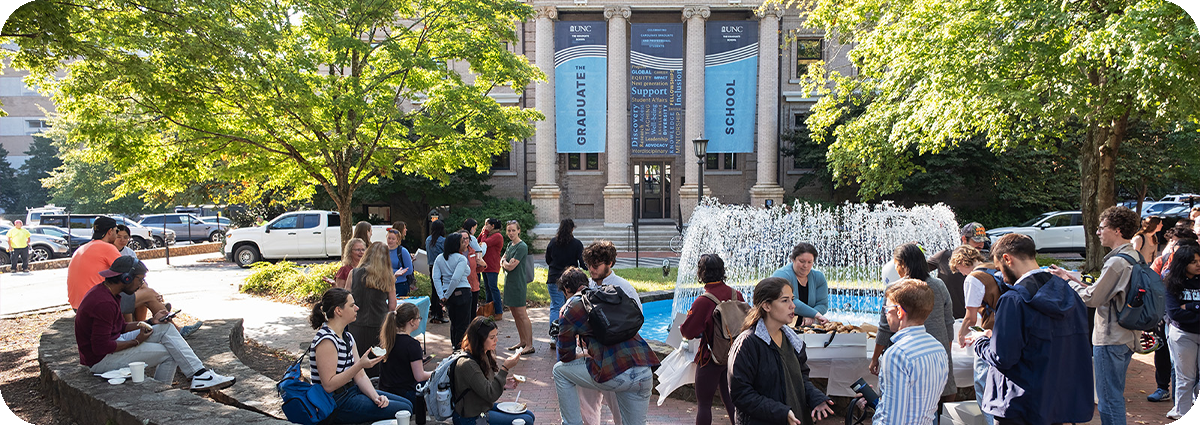
As Carolina celebrates 2025 Graduate and Professional Student Appreciation Week April 7-11, learn about their vital contributions to our University.
